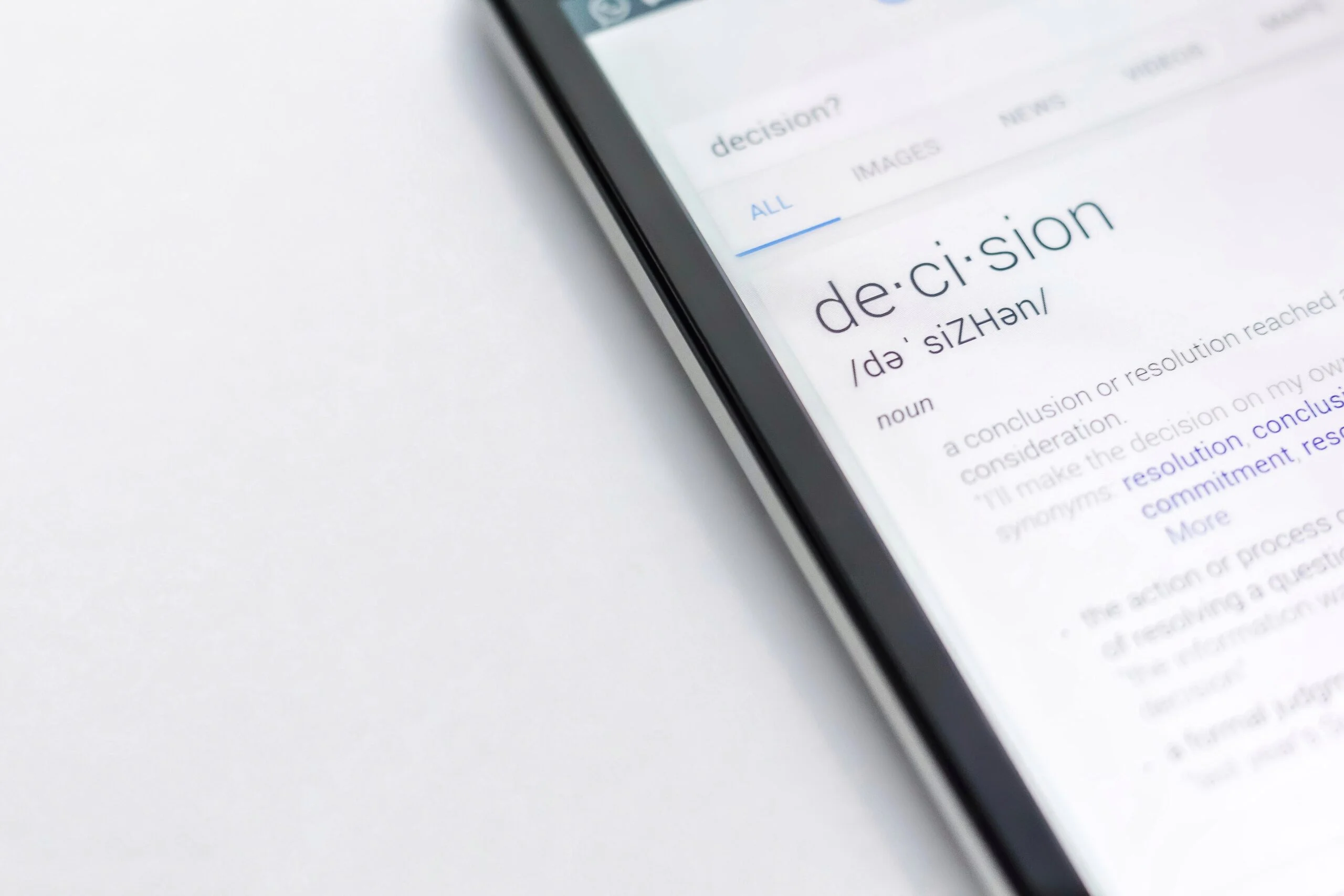LEXIS and VOCABULARY- IELTS Speaking
Lexis and Vocabulary is another one of the four band descriptors of IELTS speaking and it doesn’t only mean learning new word items. Lexis and Vocabulary covers various other aspects that includes use of collocations, idiomatic phrases, flexibility, precision of words choice, paraphrasing, style/ register and using less common words.
Collocations: Use of collocations is using words that commonly go together. When you lean a new word, it is important that you look for word partnerships and not just single words. There are various types of collocations and it could be verbs and nouns, adjectives and nouns, adverbs and adjectives or, compound nouns, two nouns together. Some of the common examples are happily engaged, major problem, pretty well, dealing with, heavy rain etc.
Idiomatic language and phrases: English language is full of idiomatic phrases and if you want to achieve a higher band score in your speaking, you have to be able to use them and it is equally important that you are careful when using it to avoid using it in the wrong context. The wisest way is to choose idioms that can be used easily. Some of the common idioms that can be used in the IELTS are: Break a leg (To wish someone good luck), Better late than never (It’s better to do something late than not to try it), Drives me up the wall (Annoys you a lot) etc.
Precision of Word Choice: Students aiming to score higher in their IELTS speaking (Lexis and Vocabulary) should be able to choose words that are exact or specific when describing things. It is suggested that you always have a range of words to use with similar meanings. Selecting precise words helps you improve the clarity of your sentence.
Flexibility: Students are suggested that they make themselves familiar with a range of topics in order to be able to talk about these topics comfortably and confidently. Students are required to have enough vocabulary and becoming familiar with topics can help you. Some of the common topics include work and free-time, people and places, family, holidays and travels, health and fitness etc.
Paraphrasing: Paraphrasing simply means being able to repeat something in different words. It is an important skill in IELTS speaking in order to avoid repetition. It includes a combination of various paraphrasing techniques however; using synonyms effectively is one of the most common ways.
Style/ Register: It is very important for students to understand the difference between formal and informal words. Students should be able to understand when to speak casually and when to use more formal lexis. The speaking can be more casual in Part 1 and Part 2 however, it is important that you use more formal and academic lexis in Part 3.
Usage of less common words: The ability of using less common words simply means usage of words that have a lower frequency of use or simply words that non-native speakers do not often use.
Connotation: Having awareness of word connotations means the positive, negative or neutral association some words have. For instance, laid- back is a word with positive connotation and inactive is a word with a neutral connotation whereas, lazy is a word with negative connotation.
Overall, memorizing a long list of vocabulary doesn’t mean you will achieve a higher band score unless you learn how to use them appropriately. When learning a new word, it is important to understand its meaning, the context the word can be used in and its collocations and synonyms. Grouping new vocabulary into related subjects and learning it together could be more helpful than just having a long list of words together that are unrelated. Remember practice is the key!














